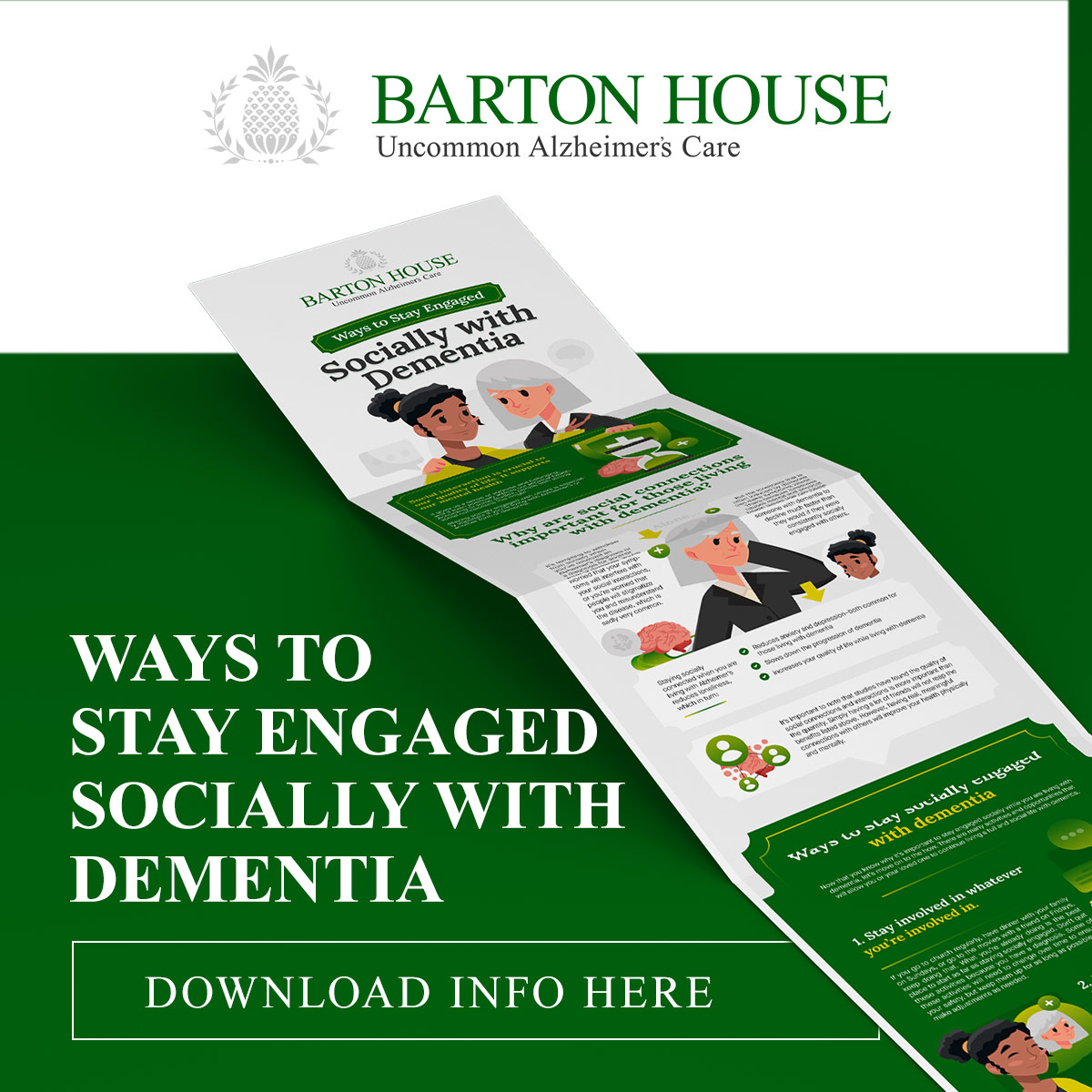How to Get Power of Attorney for a Parent with Dementia

How to get power of attorney for a parent with dementia
A dementia diagnosis can feel overwhelming, causing mental and emotional distress for all involved. Adding to this stress is the legal headache that often coincides with something like a dementia diagnosis because as soon as your loved one is diagnosed, you will need to talk to him about making some key decisions while his dementia is still in the early stages.
One of the most important decisions you will need to discuss is related to establishing power of attorney (POA).
Establishing power of attorney will likely be new territory for you and your loved one. While most of us are familiar with a will, trust, or other documents that give end-of-life directives, POAs are not as common. But for someone who is living with dementia, a POA is necessary. Because of this, we’ve decided to tackle some of the most common questions we get asked by our residents and their families about what a power of attorney is and how to establish one.
We hope this will serve as a helpful resource as you navigate the early days of your loved one’s diagnosis.
Share this Infographic Image On Your Site
<p><strong>Please include attribution to https://barton-house.com/ with this graphic.</strong><br><br><a href="https://barton-house.com/ways-to-stay-engaged-socially-with-dementia/"><img src="https://barton-house.com/wp-content/uploads/2022/11/barton_house_infographic_Ways_to_Stay-Engage_socially_with_dementia.jpg" alt="Ways to Stay Engaged Socially with Dementia" width="461px"></a></p>What is a power of attorney?
A POA is a document that legally identifies someone who can make medical and financial decisions on behalf of someone who is no longer able to do so.
In the POA, the person who is living with dementia is known as the principal. The person who is given the power of attorney is the agent.
In the case of dementia, a POA would be established so that when the principal is no longer cognitively or physically able to make decisions about her finances and healthcare, the agent can step in to make these decisions for her.
With dementia, you would establish a “durable power of attorney,” which is a type of POA that allows the agent to continue to make decisions on the principal’s behalf once the principal can no longer act on his own. This is different from a non-durable POA, or a general POA, which would reverse the agent’s rights once the principal was incapacitated.
Since dementia is a degenerative disease, a POA will inevitably be necessary for most who are living with dementia.
When should someone with dementia establish power of attorney?

A POA should be established as close to the time of a dementia diagnosis as possible. This is because a POA can only be designated by the principal when she is able-bodied and -minded, meaning she is able to decide who she wants to represent her. Once a doctor or psychologist deems someone unfit to make her own decisions, it is too late to establish a POA.
If your loved one is deemed incapacitated, your options are limited as far as designating someone who can speak on his behalf. You can try to establish a guardianship or conservatorship, but this will likely require testifying in court and can be a lengthy and expensive process. Establishing a POA at the outset of a diagnosis is the best option to make sure your loved one is protected, medically and financially.
When does a power of attorney go into effect?
A POA can go into effect immediately, or it can be what is known as a “springing power of attorney,” which prevents an agent from having any rights established by the POA until the principal has been deemed by a healthcare provider, or sometimes multiple healthcare providers, unfit to make decisions based on his physical and cognitive health.
While a springing POA may seem standard, some attorneys advise against this. For example, this law firm doesn’t do springing POAs. Instead, their POAs are effective immediately. Their reasoning? When someone is in the early stages of dementia, he will be able to discern if the person he has designated as his agent is trustworthy. If his agent tries to take advantage of him because the POA is active, the principal will be coherent enough to realize this and will be able to make changes to revoke the POA and designate a new agent.
You can decide how you want your POA to be activated but consult with a legal professional so you and your loved one know your options and can choose what works best for your loved one.
What types of decisions can a power of attorney make?
There are two types of POAs for someone who is living with dementia: financial and medical. You may designate one person to be the agent of both, or you can have one person elected as the agent for the financial POA and one person elected as the agent for the medical POA.
The agent for a medical POA will have the power to make medical decisions on the principal’s behalf, such as:
The agent of a financial POA can handle all of the principal’s financial matters, including:
When you create a POA, you can specify what limitations an agent will have, if any.
How do you start the power of attorney process?
The first step to establishing a POA is allowing your loved one to decide who the POA’s agent will be. Once your family has agreed on the POA agent, you can talk to an attorney who specializes in elder law to help walk you through the process of creating a POA document.
Alternatively, you can create your own durable POA attorney document, using a document provided by your state. This document can usually be found online, or you can ask a healthcare provider, social worker or government official to provide one. The document will need to be filled out in detail and signed by a notary. Some states also require witnesses to be present at the signing.
If you’re creating your own POA, Freewill suggests making sure you cover the following topics and questions:
While filling out your own document is less expensive, working with an attorney will ensure you cover all the necessary ground for a durable POA. This will prevent any confusion in the future regarding how your loved one wanted her medical and financial affairs handled.
Working on something like a POA right after a parent or loved one is diagnosed with dementia might feel overwhelming, but getting a head start on this directive now will prevent a more overwhelming situation in the future where you haven’t established a POA, and your loved one is no longer able to do so.
Don’t delay this part of the legal process. Talk to an attorney or healthcare professional who can help guide you as you create a safe and secure future for your loved one where her wishes are honored.






